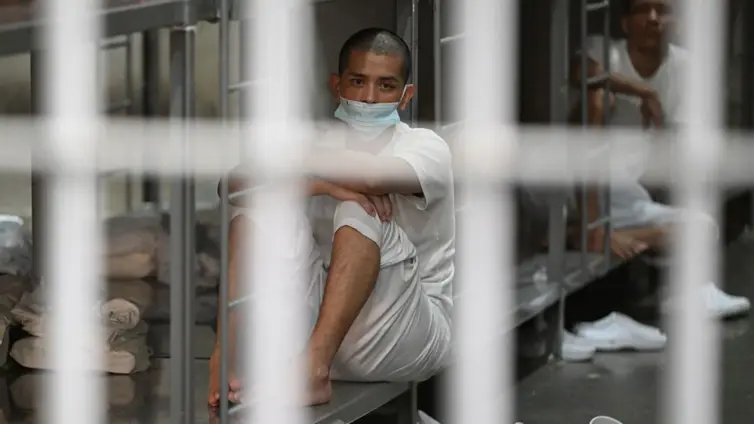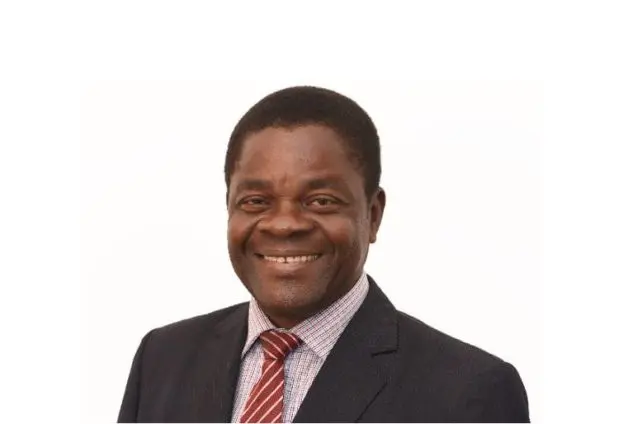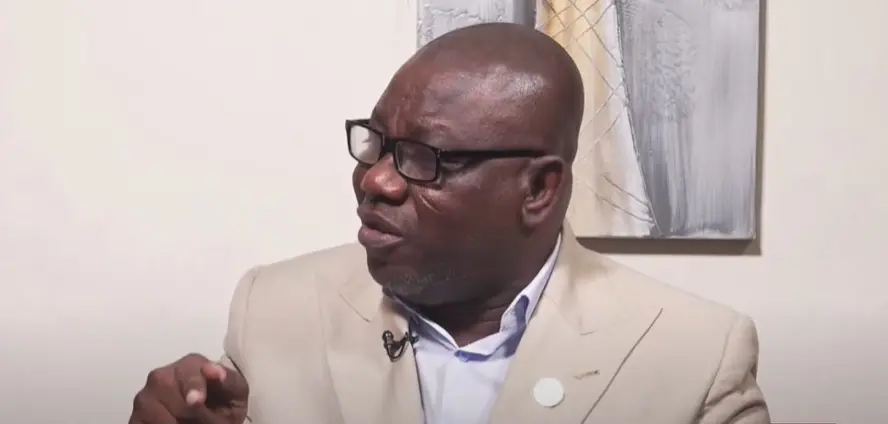President Mahama’s recent announcement of a new city project for Ghana has sparked significant public interest and debate. The envisioned New City Ghana aims to alleviate the relentless congestion plaguing Accra, offering a fresh start and a modern urban center. The news, widely reported across Ghanaian media, has prompted both excitement and skepticism. Hon. Francis Asenso-Boakye, a former Minister and the current Ranking Member for Local Government, brings valuable perspective to this critical discussion. His years of experience in urban planning and local governance make his insights particularly relevant as Ghana embarks on this ambitious endeavor. This article will share his perspective on the key things Ghana needs to consider to make the project a success.
The success of New City Ghana hinges on meticulous planning and flawless execution. Learning from both the triumphs and missteps of other nations, and avoiding the mistakes of the past are paramount. Hon. Asenso-Boakye urges that this project requires a strategic approach, and offers cautionary guidance to policymakers.
Accra, the nation’s capital, is grappling with severe infrastructural challenges. Decades of rapid, uncoordinated growth and persistent underinvestment have resulted in a city struggling to cope with the demands of its burgeoning population. “Accra is undoubtedly overstretched,” Hon. Asenso-Boakye observes. “The symptoms of urban stress are clear: relentless traffic gridlock, overcrowded schools and hospitals, the proliferation of unplanned settlements, and inadequate sanitation facilities.”
The concept of a new city offers a potential solution by redistributing economic activity and easing population density in Accra. However, the viability of this solution rests heavily on the quality of its implementation. Simply put, while the idea of building a New City Ghana is reasonable, execution is crucial.
Many nations have undertaken similar ventures, with varying degrees of success. Nigeria’s relocation of its capital from Lagos to Abuja offers a pertinent case study, driven by the desire to create a more centrally located and planned administrative hub. Similarly, Tanzania initiated the transfer of governmental functions from Dar es Salaam to Dodoma, aiming to decentralize development. Ghana has previously considered plans for a new administrative capital, highlighting the enduring appeal of this concept.
Hon. Asenso-Boakye stresses that “The concept is not new—but execution is everything.” Successful execution demands unwavering political will, broad bipartisan support, dedicated financial resources, and a clear strategic vision. Without these elements, even the most promising plans can falter.
Ghanaians deserve clear answers to several key questions surrounding the New City Ghana project. Where will the new city be located, and why that specific location? This decision must consider proximity to essential resources, existing infrastructure networks, and potential economic opportunities. What key industries or services will drive the new city’s economy? Identifying these anchors is crucial to attract investment and create sustainable employment. Technology, finance, manufacturing, and tourism are all possibilities.
Funding and construction are equally critical. Will the project rely on government funding, private sector investment, or a public-private partnership (PPP) model? Each approach has its own advantages and disadvantages. Land acquisition poses another complex challenge. The process must balance traditional authority, community rights, and the need for fair compensation. Finally, a transparent legal and governance framework is essential to guide development and prevent corruption.
“Without these answers,” Hon. Asenso-Boakye warns, “the New City Ghana risks becoming just another vanity project, a costly endeavor with little tangible benefit for the Ghanaian people.”
The new city must not replicate the existing dysfunctions of Accra. Instead, it should serve as a model of urban resilience, incorporating green spaces, integrated transport systems, inclusive housing options, advanced digital infrastructure, and climate-smart design principles. Decentralization and local governance should be woven into the very fabric of the new city, with functioning local assemblies and empowered communities playing a central role. “Institutions matter. People matter,” Hon. Asenso-Boakye emphasizes.
A clear, costed blueprint, subject to rigorous public and parliamentary scrutiny, and firmly anchored in law, is essential. It is also critical to guard against politicization. The new city should be a national project, transcending partisan divides. “Cities are not built with slogans; they are built with discipline, long-term commitment, and collaboration,” Hon. Asenso-Boakye notes.
The success of New City Ghana hinges on careful planning, transparent execution, and a commitment to sustainability and inclusivity. This project presents a unique opportunity to build a better future for Ghana, but only if approached with foresight and collaboration. “It’s good to dream big—but let’s also plan smart,” Hon. Asenso-Boakye concludes.
Hon. Francis Asenso-Boakye is a former Minister and the current Ranking Member for Local Government in Ghana. His expertise in urban planning and local governance provides valuable insights into the challenges and opportunities facing Ghana’s urban development.
Image Source: MYJOYONLINE






















